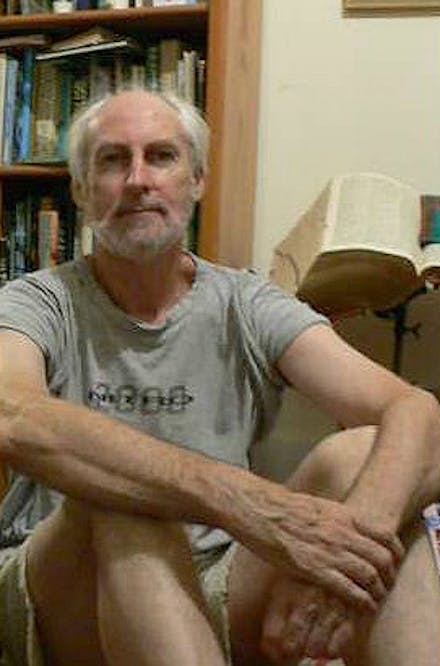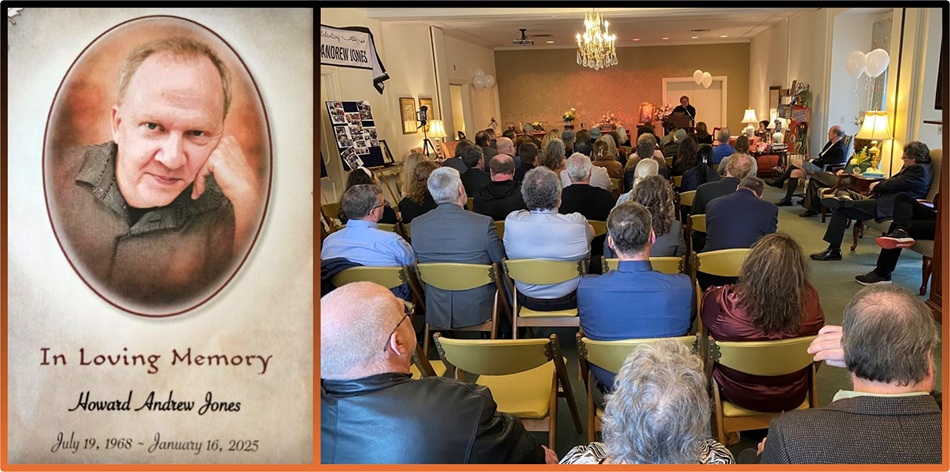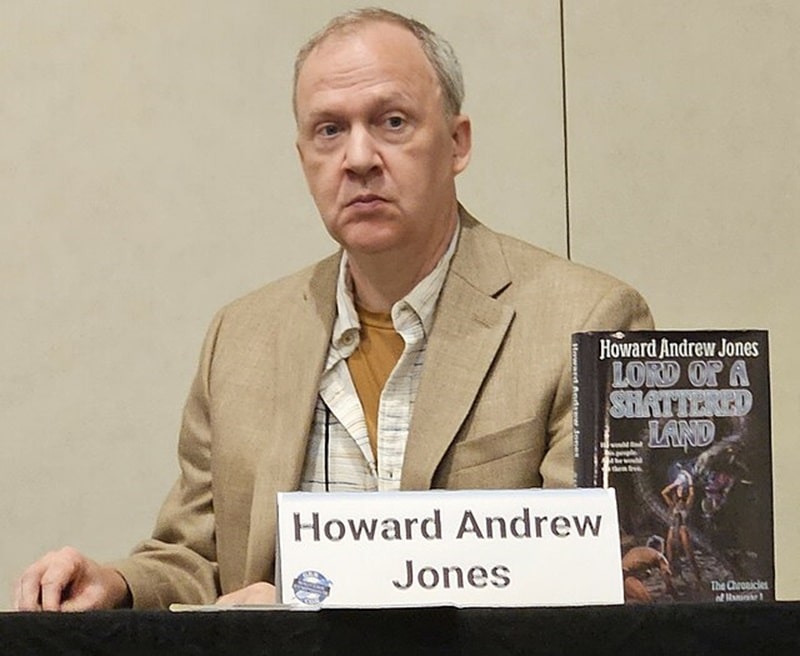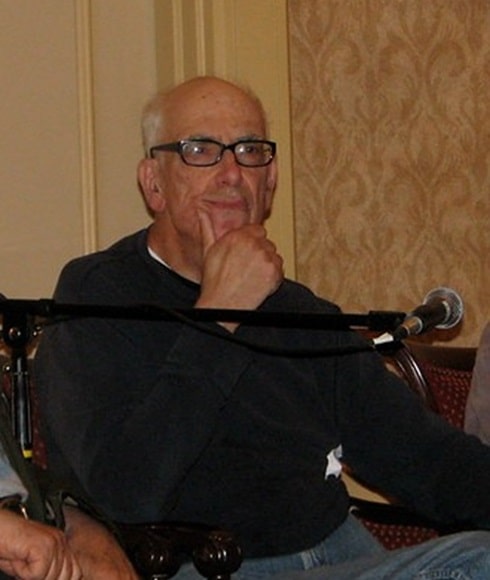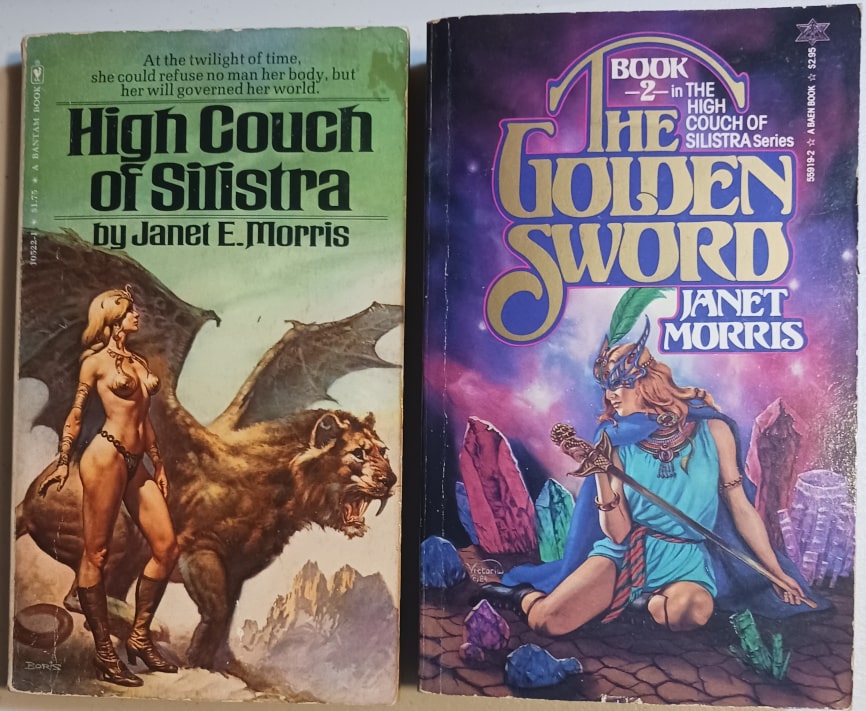The Last Legionnaire: Jim Shooter, September 27, 1951 — June 30, 2025
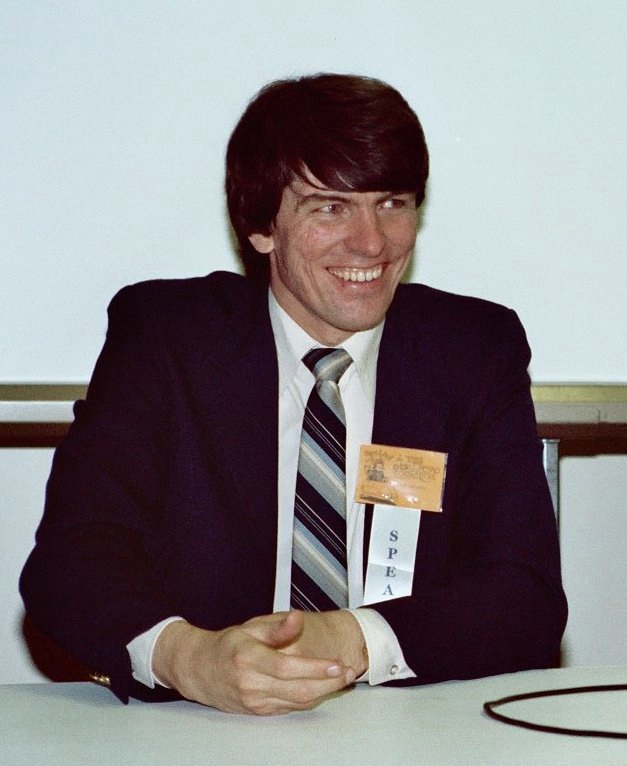
Jim Shooter, a precocious kid from Pittsburgh who started writing comic book stories at thirteen and who then went on to have one of the most consequential careers in the history of mainstream comics as Marvel’s editor-in-chief, has died at the age of seventy-three.
Shooter was appointed to Marvel’s top editorial position in January, 1978, and during his controversial decade at Marvel’s helm (he was fired in April, 1987), he left an unmistakable imprint on the company and on the comic book industry as a whole.
Most comics historians and many of the artists and writers who worked under him agree that Shooter made many positive and badly needed changes early on (such as returning art to artists and giving artists and writers royalties in certain circumstances) but later became increasingly rigid and dictatorial, and people have already spent many years and will doubtless spend many more trying to reach a just assessment of the pros and cons of his tenure at Marvel. (You can find a detailed account of those years in Sean Howe’s excellent Marvel Comics: The Untold Story, though of course some people say the book is too hard on Shooter while others say that it isn’t hard enough.)
